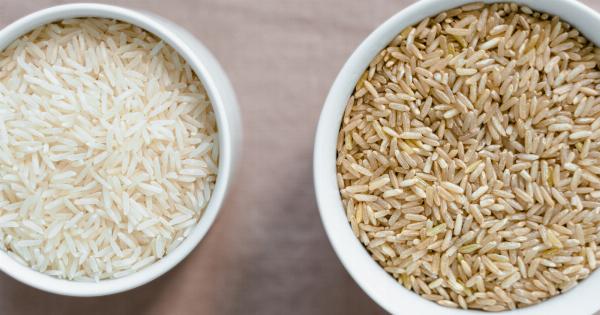Inflammatory bowel diseases (IBD) are a group of chronic conditions that affect the gastrointestinal tract. These include Crohn’s disease and ulcerative colitis, both of which can cause inflammation and damage in the intestines.
While these conditions have typically been associated with adults, an increasing number of children are being diagnosed with IBD. Unfortunately, recent research has shown a link between childhood IBD and the increased risk of developing cancer later in life. In this article, we will explore this correlation and what it means for those with IBD.
What is IBD?
As mentioned, IBD refers to a group of chronic diseases that affect the gastrointestinal tract. Crohn’s disease and ulcerative colitis are the most common forms of IBD.
Symptoms of these conditions can include abdominal pain, diarrhea, bloody stool, fatigue, and weight loss. While the exact causes of IBD are unknown, research suggests that it may be caused by a combination of genetic and environmental factors.
IBD in Children
Although IBD is often associated with adults, a growing number of children are being diagnosed with the condition. According to the Crohn’s and Colitis Foundation, approximately 80,000 children in the United States have IBD.
Symptoms in children can vary, but they may also experience delayed growth and development due to the condition.
Correlation with Cancer
Recent research has shown that there is a correlation between childhood IBD and an increased risk of developing cancer later in life.
A study published in JAMA Oncology found that individuals with IBD who were diagnosed in childhood had a higher risk of developing cancer before the age of 35, particularly bowel and blood cancers.
There are several factors that may contribute to this increased risk. Individuals with IBD have chronic inflammation in their gut, which can lead to changes in the cells lining the intestine.
Over time, these changes can increase the risk of cancer developing. Additionally, some treatments for IBD, such as immunosuppressive medications, may also increase the risk of cancer.
Prevention and Management
While the increased risk of cancer may be concerning for those with childhood IBD, there are steps that can be taken to manage the condition and reduce the risk of cancer.
First and foremost, it is important to work closely with a healthcare provider to ensure that the condition is properly managed. This may include a combination of medications, lifestyle changes, and in some cases, surgery.
Additionally, there are screening measures that can be taken to detect cancer early on. For individuals with IBD, regular colonoscopies and other cancer screenings may be recommended starting at a younger age than the general population.
Conclusion
Inflammatory bowel diseases are chronic conditions that affect many individuals, including children. While these conditions can be managed, recent research has shown a link between childhood IBD and an increased risk of developing cancer later in life.
However, with proper management and screening, this risk can be reduced. If you or a loved one has IBD, it is important to work closely with a healthcare provider to ensure that the condition is properly managed and any potential risks are addressed.


























